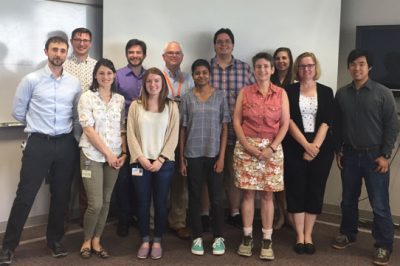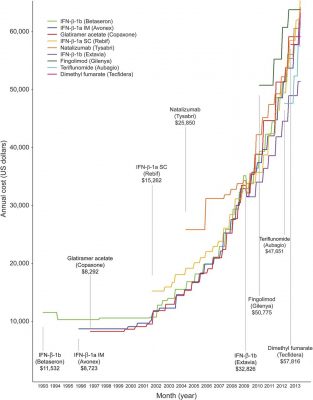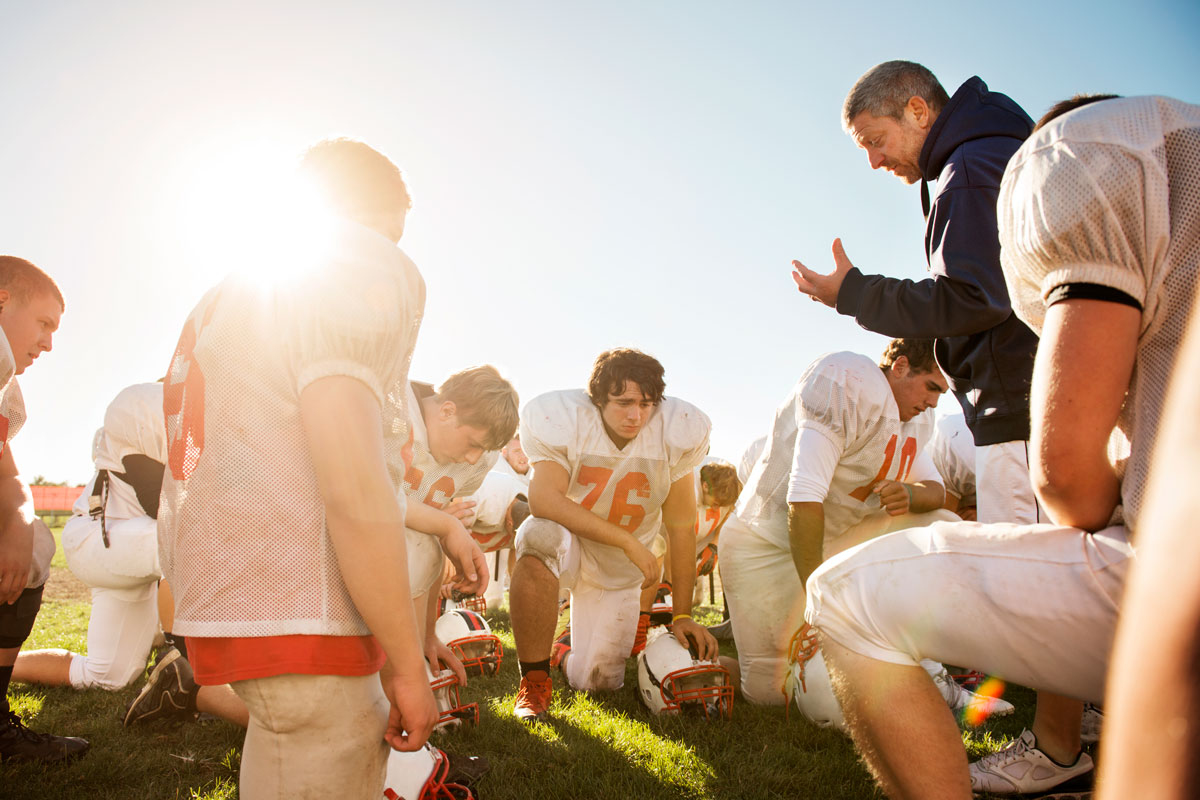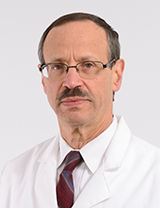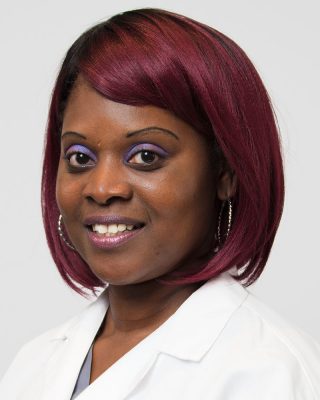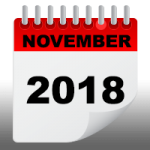 Here is a list of UConn Health programs scheduled for November and early December 2018. This information will be updated with any additions or other schedule changes. (Last updated 11/16)
Here is a list of UConn Health programs scheduled for November and early December 2018. This information will be updated with any additions or other schedule changes. (Last updated 11/16)
Living Well With Epilepsy: A Support Group for Young Adults
Saturday, Nov. 3, noon to 1:30 p.m., UConn Health Outpatient Pavilion, 2nd floor large conference room S2010
The Epilepsy Foundation of Connecticut, in partnership with the UConn Health Department of Neurology, offers a support group for young adults who live with epilepsy. This group is open to those aged 18 to 30 who would like to join others to share experience, gain peer support, and learn together about epilepsy and overcoming its challenges to live well. The group generally meets on the first Saturday of the month. Please call 860-346-1924 or email manzelone.efct@sbcglobal.net for more information.
Bladder Cancer Support Group
Saturday, Nov. 3, 2 to 3 p.m., UConn Health, Onyiuke Dining Room
Patients, family members and caregivers (not limited to UConn Health patients) are invited to join others whose lives have been touched by bladder cancer. This support group, established in partnership with the Bladder Cancer Advocacy Network, usually meets on the first Saturday of the month and is the only group of its kind in New England. Call 888-901-BCAN for more information.
Free Hospital Maternity Tours
Saturday, Nov. 3, 2 p.m., UConn Health, University Tower lobby
A representative will guide you through labor and delivery, postpartum, and the nursery at the UConn John Dempsey Hospital. Children and grandparents are welcome. Call 800-535-6232 to register or for more information.
Breastfeeding Class
Wednesday, Nov. 14, 6 to 8 p.m., UConn Health Outpatient Pavilion, 3rd floor large conference room S3301
A certified lactation consultant leads a discussion of topics including the benefits of breastfeeding, how to get started, and how the rest of the family can help the breastfeeding mother as well as how to continue breastfeeding and working. Fee is $25 per couple. Call 800-535-6232 to register or for more information.
Breast Cancer Support Group
Thursday, Nov. 15, 7 to 8 p.m., UConn Health, Onyiuke Dining Room
This is a support group intended for women under the age of 45 who’ve been diagnosed with non-metastatic breast cancer. Women at any point in their cancer survivorship journey are welcome. Meetings are the third Thursday of the month. To register or more information, call 860-679-7820 or email tillinghast@uchc.edu.
Infertility Peer Support Group
Thursday, Nov. 15, 7 to 8:30 p.m., Center for Advanced Reproductive Services, 2 Batterson Park Road, Farmington.
The Greater Hartford chapter of RESOLVE, a national nonprofit resource for those facing the challenges of infertility, offers support, information and confidential, informal, peer-led discussions on the third Thursday of the month. To learn more or to check for weather-related cancellation, call 860-523-8337.
Free Hospital Maternity Tours
Saturday, Nov. 17, 2 p.m., UConn Health, University Tower lobby
A representative will guide you through labor and delivery, postpartum, and the nursery at the UConn John Dempsey Hospital. Children and grandparents are welcome. Call 800-535-6232 to register or for more information.
Free Workshop: “Things to Consider Before Joining a Research Study”
Monday, Nov. 26, 5 p.m., UConn Health, Onyiuke Dining Room
The UConn Health Human Subjects Protection Office offers an educational session about the rights and responsibilities of participants in research projects on the last Monday of the month. Registration is required: 860-679-8802 or cagganello@uchc.edu.
Stroke Survivor Group
Wednesday, Nov. 28, noon to 1 p.m., UConn Health Outpatient Pavilion, 3rd floor
The UConn Health Stroke Center invites stroke survivors, families and caregivers to a monthly group meeting to discuss topics such as prevention, coping methods, support systems, rehabilitation tips, resources, and promoting independence. The Stroke Survivor Group generally meets on the fourth Wednesday of the month. Call 860-679-4846 for more information.
Living Well With Epilepsy: A Support Group for Young Adults
Saturday, Dec. 1, noon to 1:30 p.m., UConn Health Outpatient Pavilion, 2nd floor large conference room S2010
The Epilepsy Foundation of Connecticut, in partnership with the UConn Health Department of Neurology, offers a support group for young adults who live with epilepsy. This group is open to those aged 18 to 30 who would like to join others to share experience, gain peer support, and learn together about epilepsy and overcoming its challenges to live well. The group generally meets on the first Saturday of the month. Please call 860-346-1924 or email manzelone.efct@sbcglobal.net for more information.
Bladder Cancer Support Group
Saturday, Dec. 1, 2 to 3 p.m., UConn Health, Onyiuke Dining Room
Patients, family members and caregivers (not limited to UConn Health patients) are invited to join others whose lives have been touched by bladder cancer. This month, UConn Health’s oncology dietitian joins as a guest speaker. This support group, established in partnership with the Bladder Cancer Advocacy Network, usually meets on the first Saturday of the month and is the only group of its kind in New England. Call 888-901-BCAN for more information.
Free Hospital Maternity Tours
Saturday, Dec. 1, 2 p.m., UConn Health, University Tower lobby
A representative will guide you through labor and delivery, postpartum, and the nursery at the UConn John Dempsey Hospital. Children and grandparents are welcome. Call 800-535-6232 to register or for more information.
(Added 11/16)
Auxiliary Festival of Trees
Tuesday, Dec. 4, through Thursday, Dec. 6, UConn Health, University Tower, mezzanine
The UConn Health Auxiliary brings back its display of holiday-themed trees donated by UConn health faculty, staff, students, and Auxiliary members. The trees are on display for three days before a drawing is held for each to be taken home. For more information please call 860-679-2963.
(Added 11/16)
Auxiliary Holiday Bazaar and Basket Raffle
Friday, Dec. 7, 9 a.m. to 4 p.m., UConn Health, main building, cafeteria
The UConn Health Auxiliary’s annual winter holiday shopping event includes local crafters and artists offering unique holiday gift ideas, including, home décor and personalized ornaments. At 3 p.m., the winners will be drawn for the popular raffle of gift baskets created and donated by UConn Health employees. For more information please call 860-679-2963.
Breastfeeding Class
Wednesday, Dec. 12, 6 to 8 p.m., UConn Health Outpatient Pavilion, 3rd floor large conference room S3301
A certified lactation consultant leads a discussion of topics including the benefits of breastfeeding, how to get started, and how the rest of the family can help the breastfeeding mother as well as how to continue breastfeeding and working. Fee is $25 per couple. Call 800-535-6232 to register or for more information.
Free Hospital Maternity Tours
Saturday, Dec. 15, 2 p.m., UConn Health, University Tower lobby
A representative will guide you through labor and delivery, postpartum, and the nursery at the UConn John Dempsey Hospital. Children and grandparents are welcome. Call 800-535-6232 to register or for more information.
Directions to UConn Health are available at health.uconn.edu/locations.
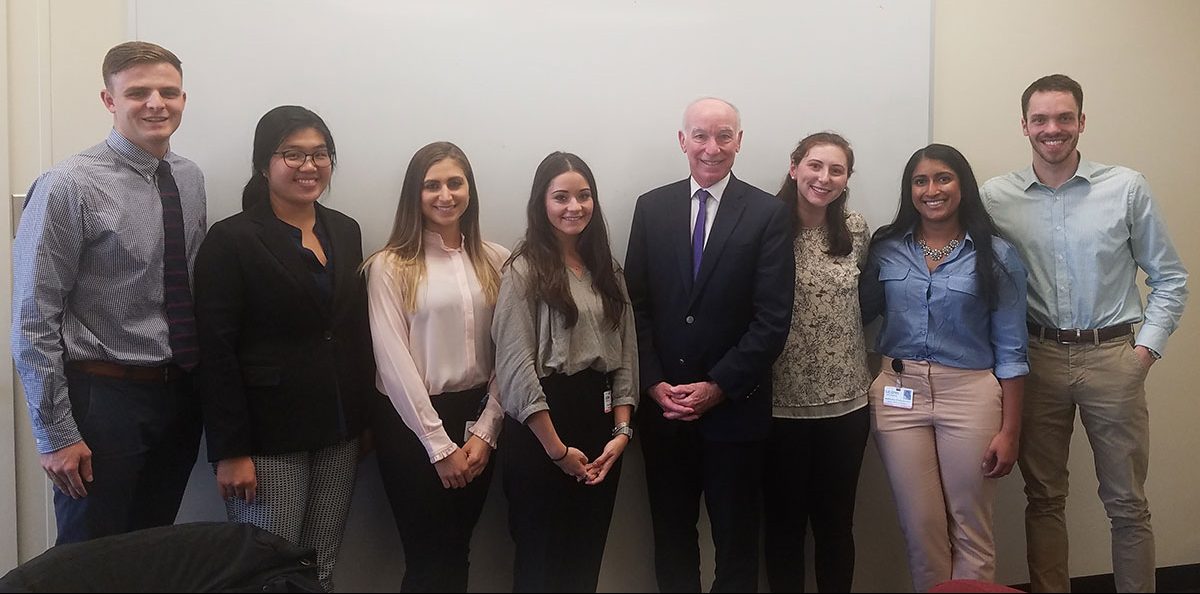
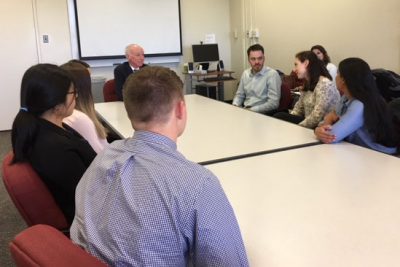
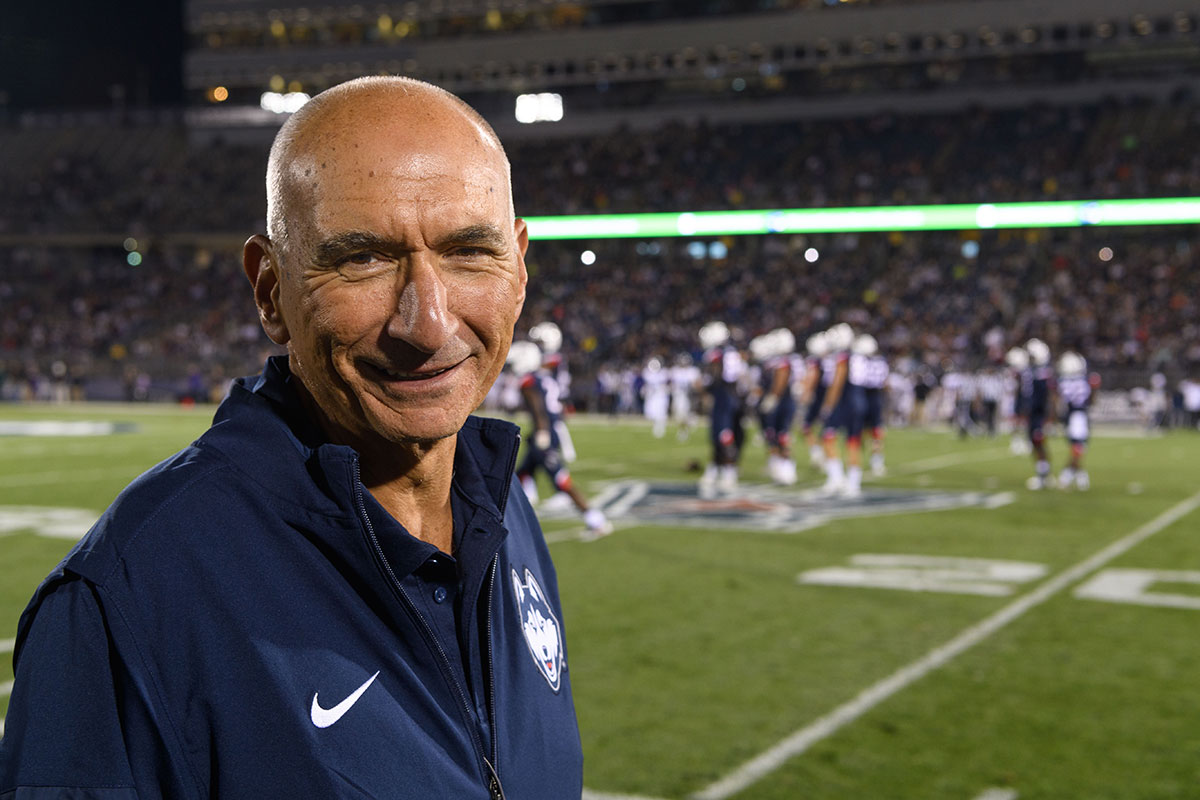
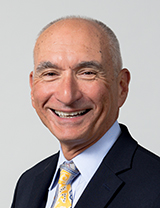
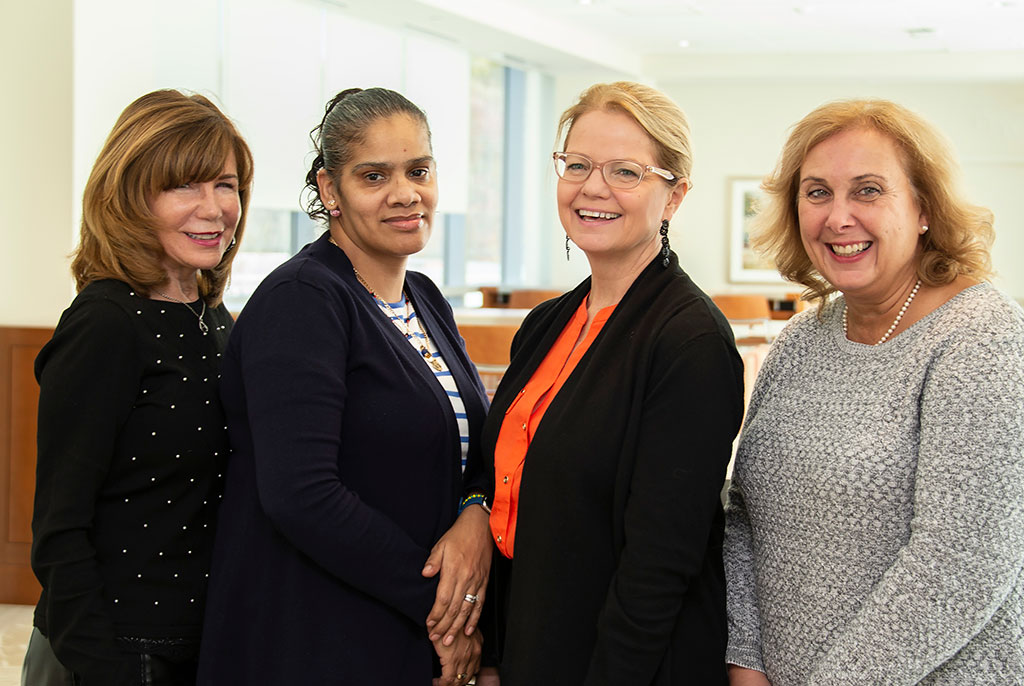

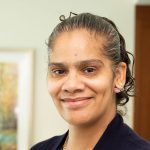
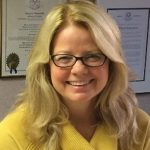

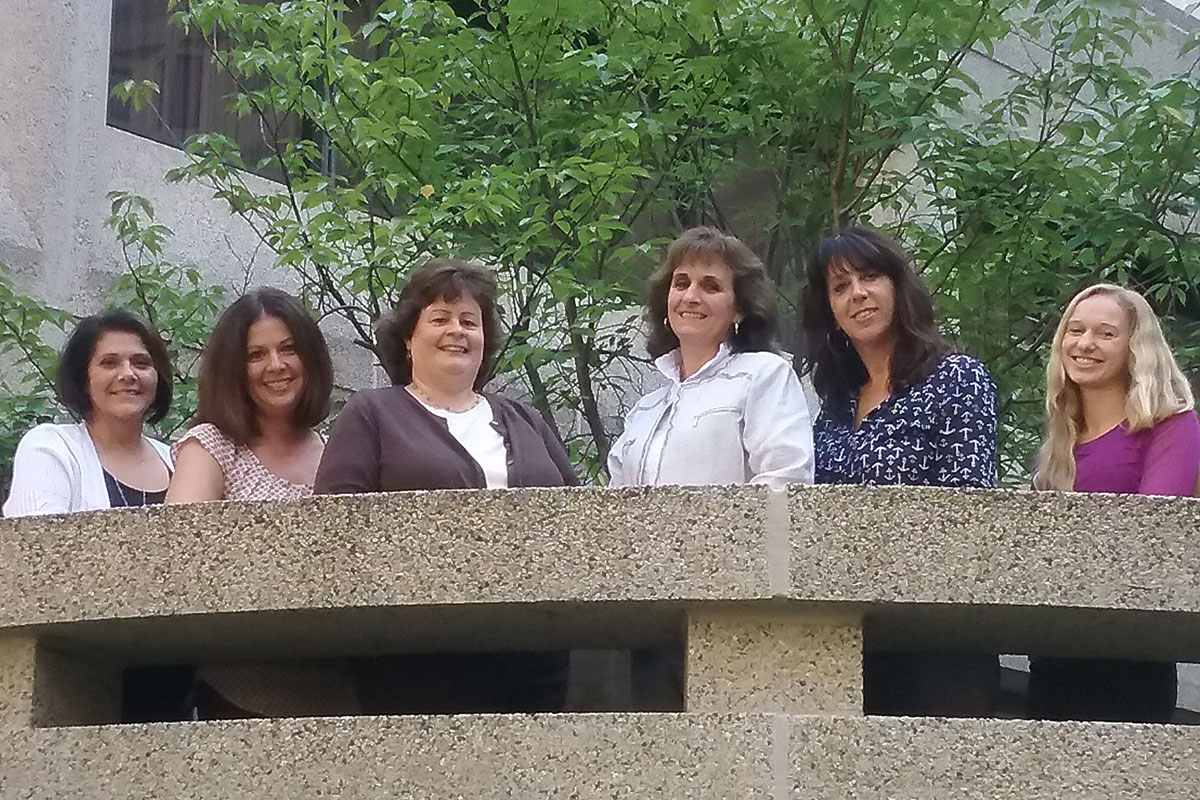

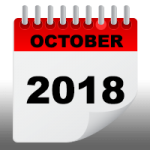 Here is a list of UConn Health programs scheduled for October and early November 2018. This information will be updated with any additions or other schedule changes.
Here is a list of UConn Health programs scheduled for October and early November 2018. This information will be updated with any additions or other schedule changes. 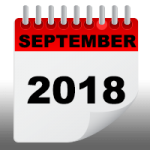 Here is a list of UConn Health programs scheduled for September and early October 2018. This information will be updated with any additions or other schedule changes.
Here is a list of UConn Health programs scheduled for September and early October 2018. This information will be updated with any additions or other schedule changes.